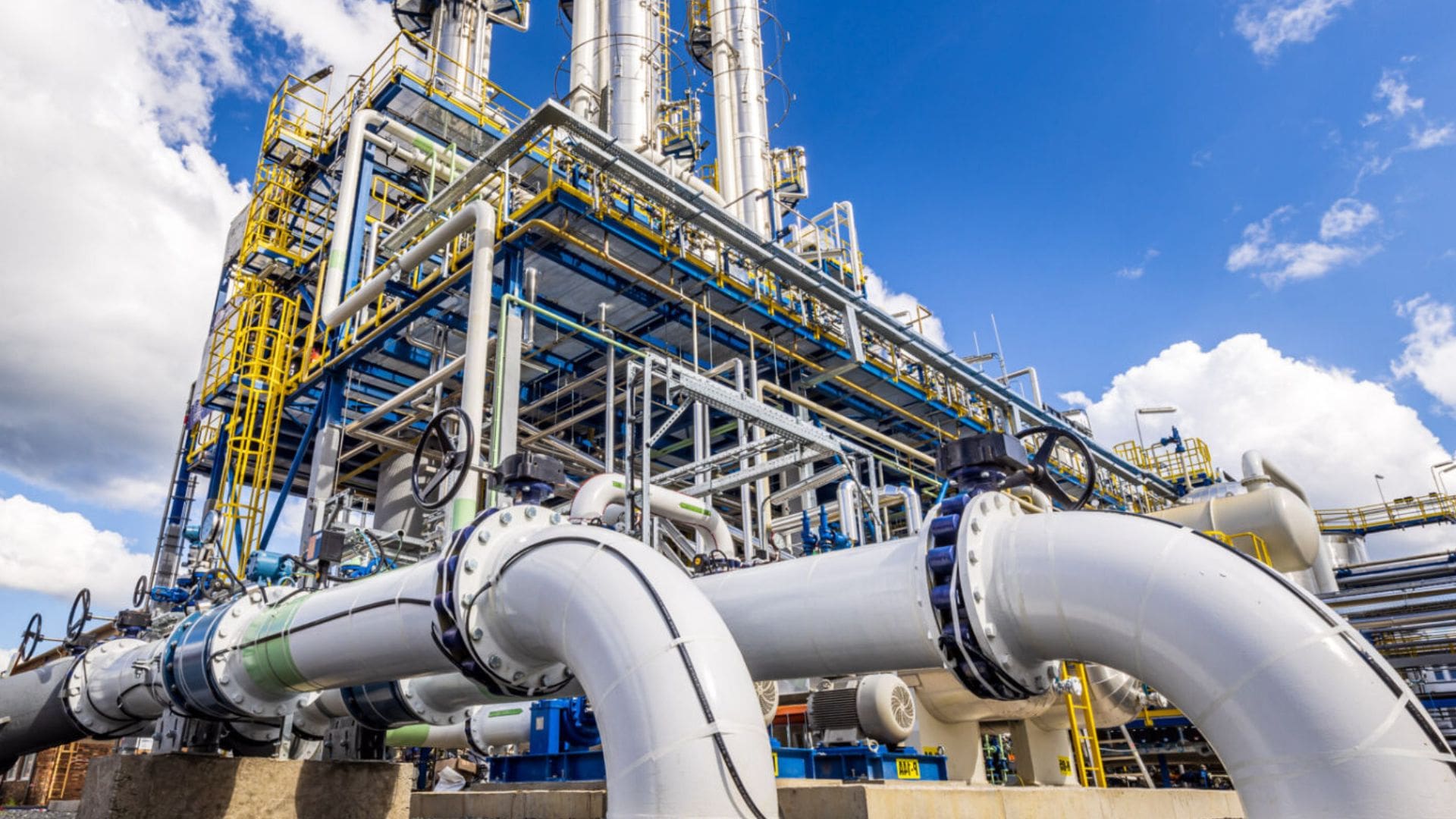Norway's Oil and Gas Industry: Navigating Evolving Landscapes and Embracing Sustainability
- Norway | 19 July 2022

Norway’s oil and gas industry, known for its rich resources and commitment to responsible operations, continues to adapt and evolve in response to global energy transitions and environmental challenges. In this article, we delve into the latest news and developments in Norway’s oil and gas sector, highlighting the nation’s efforts to balance economic growth with sustainability, innovation, and environmental stewardship. These recent developments demonstrate Norway’s position as a leader in the industry and its commitment to navigating the changing energy landscape.
Norway’s continental shelf remains an essential area for offshore exploration, with ongoing discoveries shaping the industry’s future. In recent years, notable discoveries include the Johan Sverdrup field, estimated to hold significant reserves, and the Alta and Gohta fields in the Barents Sea. These discoveries underline Norway’s ongoing potential for oil and gas production, which contributes to the nation’s energy security and economic growth.
Norway is renowned for its commitment to renewable energy and the transition towards a low-carbon future. The country has made significant strides in developing its offshore wind energy sector. The Utsira Nord project, for example, will establish a wind farm with floating turbines, highlighting Norway’s technological prowess in harnessing clean energy sources. Additionally, Norway has invested in research and development of carbon capture and storage (CCS) technologies, positioning itself as a pioneer in mitigating CO2 emissions from industrial activities.
Recognizing the urgency of climate action, Norway has set ambitious goals to reduce carbon emissions and achieve carbon neutrality. The government’s Green Shift strategy includes measures such as carbon pricing, promotion of electric vehicles, and investment in sustainable infrastructure. Furthermore, Norway’s sovereign wealth fund, the world’s largest, has divested from companies solely focused on oil and gas exploration, signaling the nation’s commitment to a diversified and sustainable economy.
Norway’s oil and gas industry embraces digitalization and innovation to enhance efficiency and reduce environmental impact. Advanced technologies, including data analytics, robotics, and automation, are being employed to optimize production processes, increase safety, and minimize resource wastage. Such initiatives showcase Norway’s dedication to staying at the forefront of technological advancements and fostering a culture of innovation within the industry.
Norway’s oil and gas industry places a strong emphasis on environmental stewardship and responsible operations. Stringent regulations and standards ensure the protection of the environment, including measures to prevent spills, minimize carbon emissions, and safeguard marine ecosystems. Norway’s proactive approach to sustainability extends to corporate social responsibility initiatives, including community engagement, job creation, and support for local businesses in the regions where oil and gas activities take place.
Norway’s oil and gas industry is navigating a changing landscape by embracing sustainability, innovation, and the transition towards a low-carbon future. The latest news and developments highlight the nation’s commitment to responsible resource management, technological advancement, and environmental stewardship. Norway’s focus on renewable energy, carbon neutrality goals, and digitalization showcases its readiness to tackle global energy challenges while ensuring long-term economic prosperity. By balancing economic growth with sustainability, Norway sets an example for the global oil and gas industry, demonstrating that it is possible to thrive while prioritizing environmental protection and energy transition.








